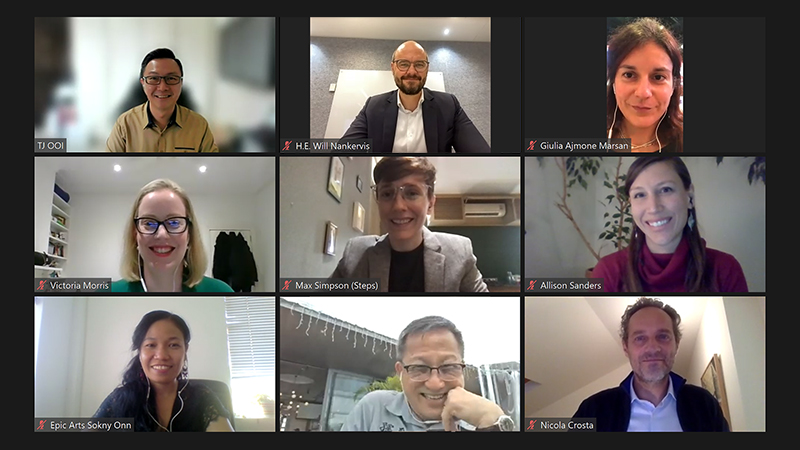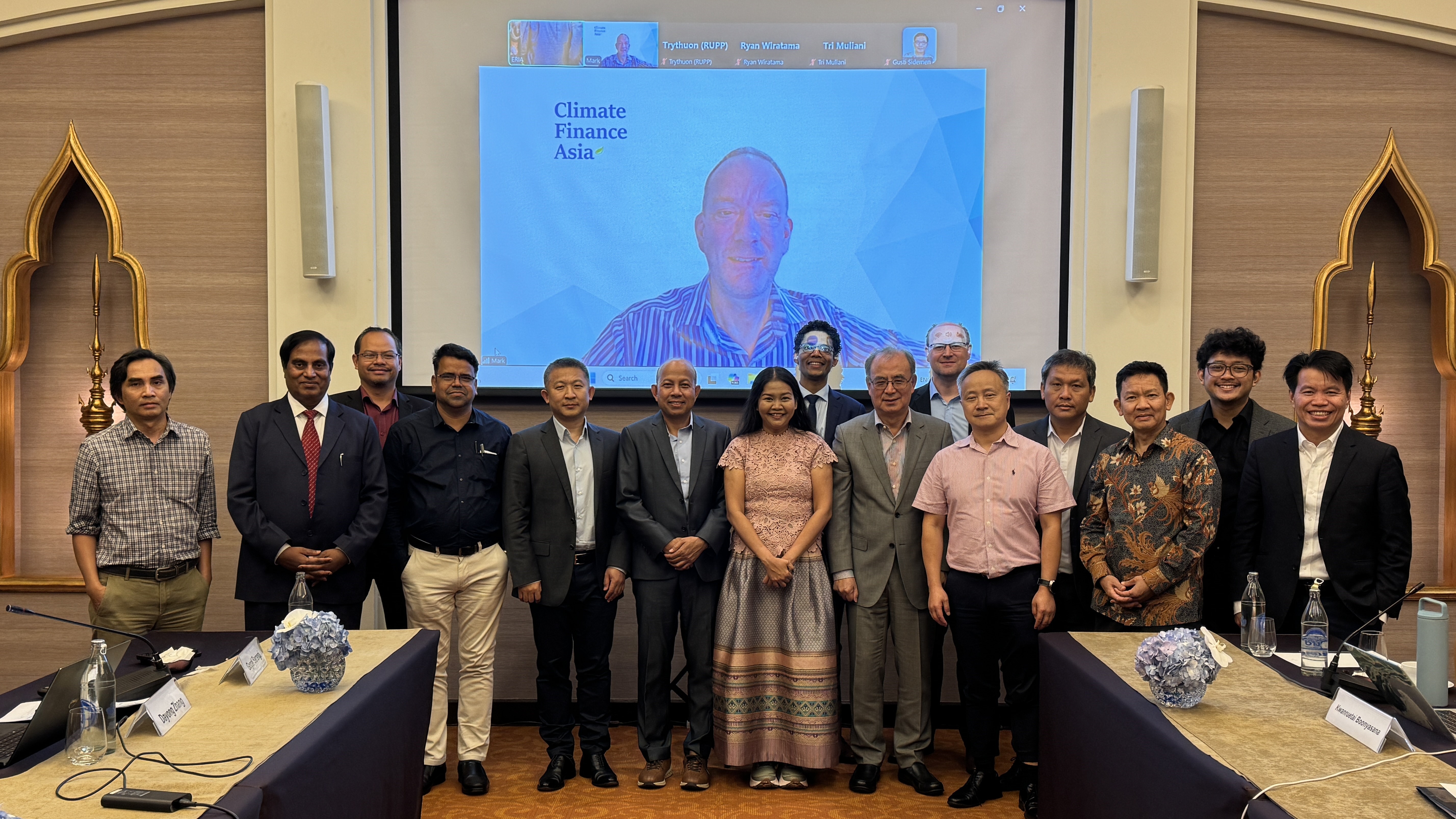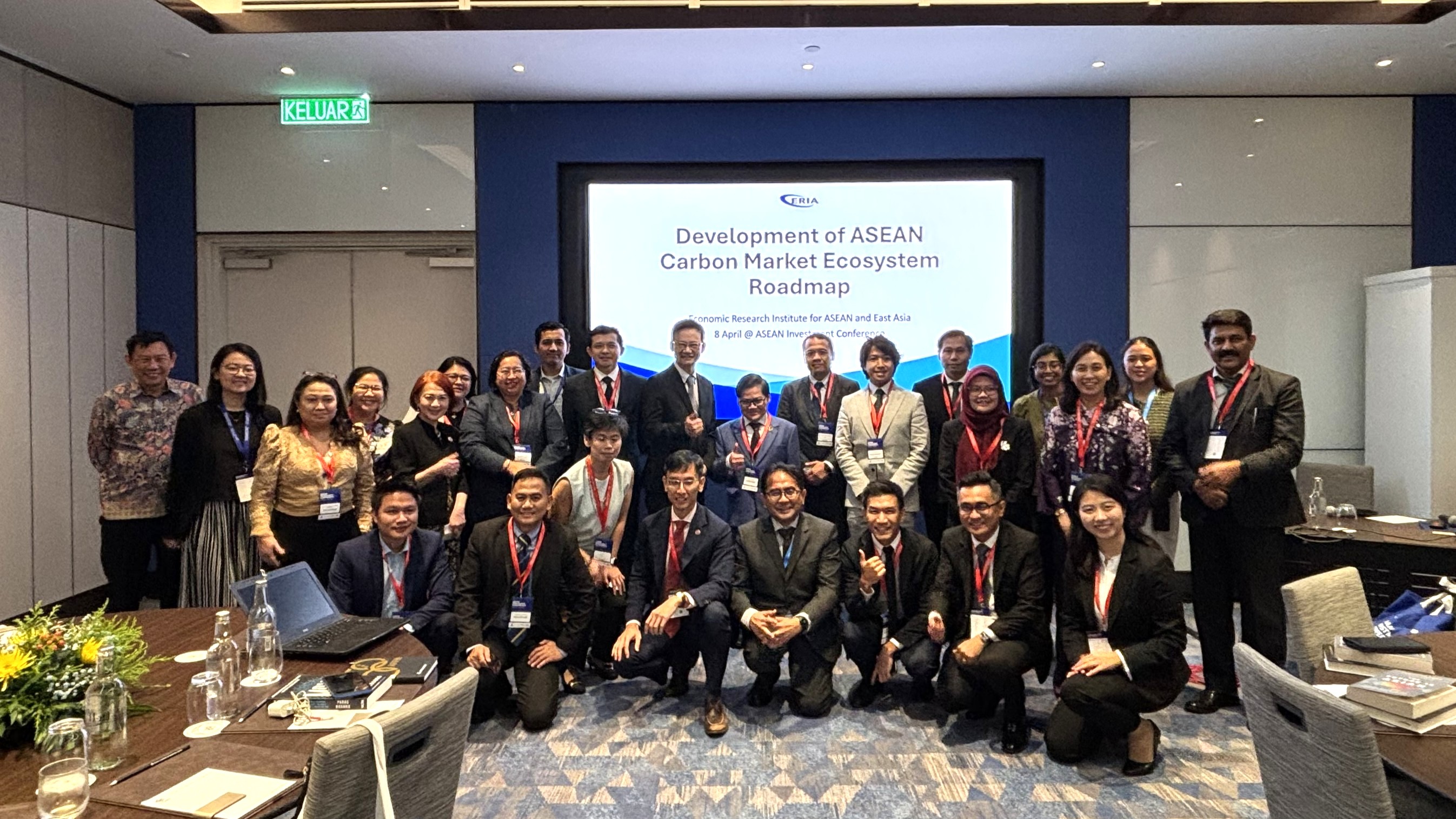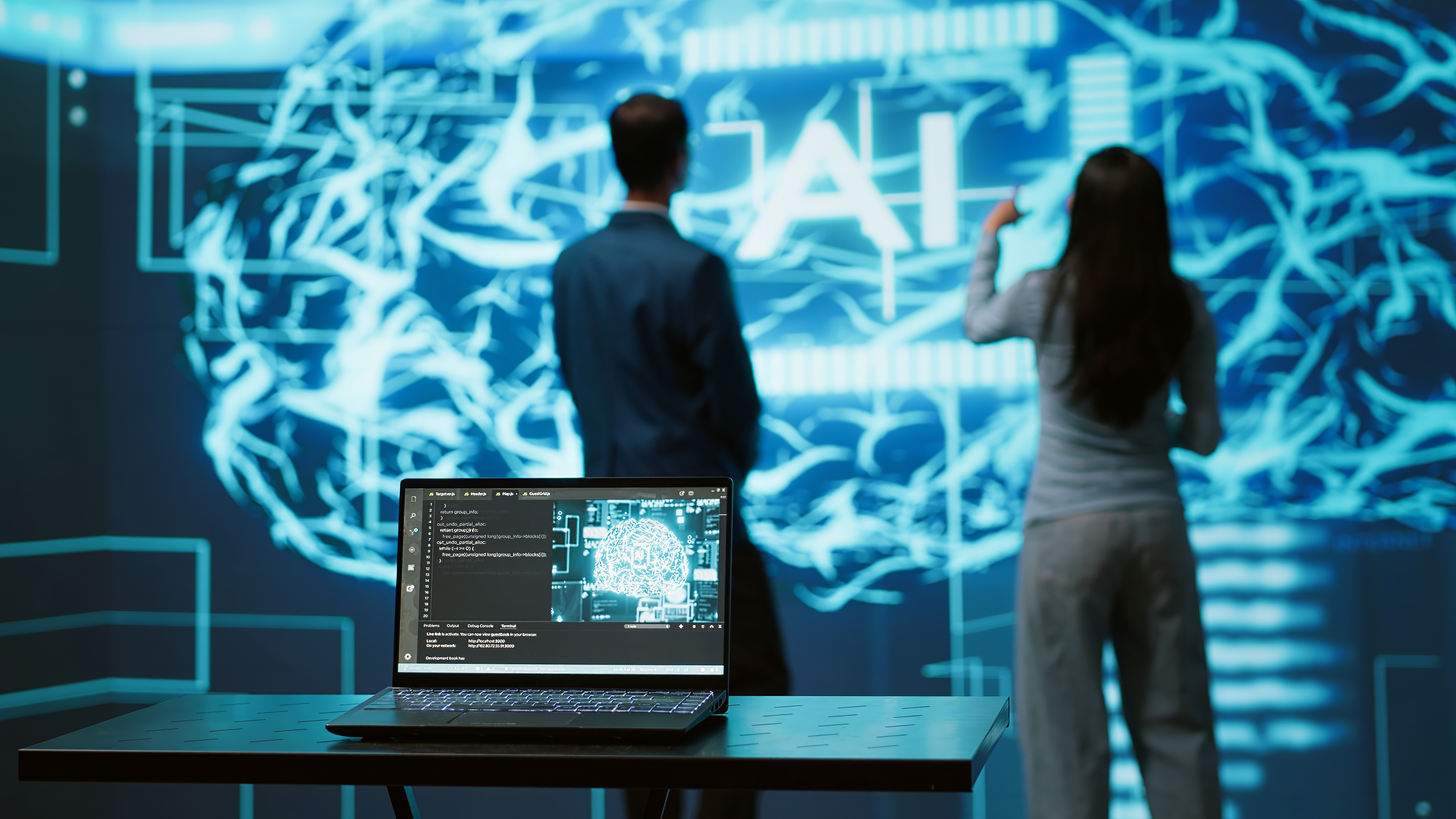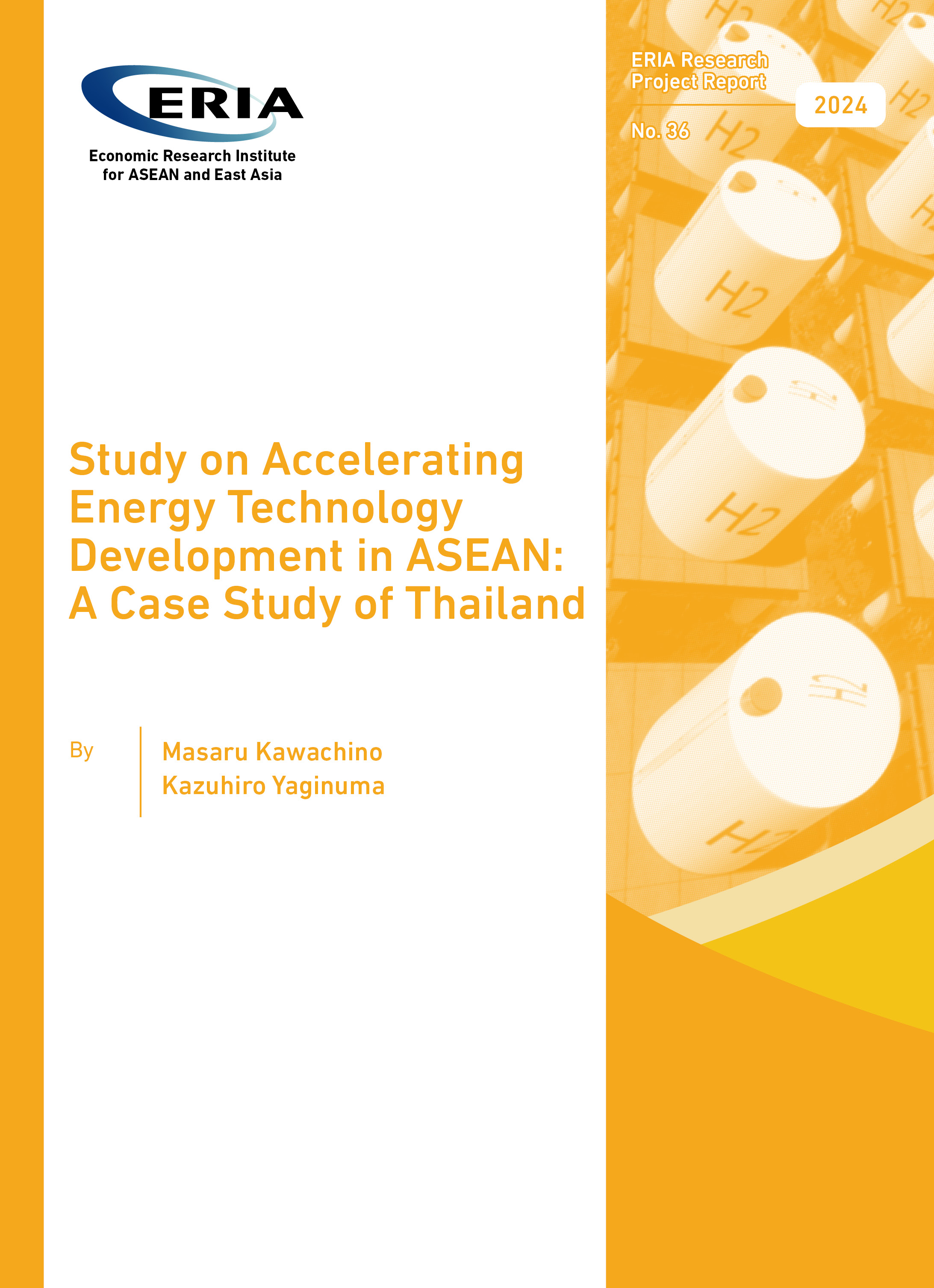Social Enterprises and Inclusive Societies for Persons with Disabilities | E-S-I Special Episode
Date
8 December 2021Category
OthersShare Article:
Print Article:
Jakarta, 8 December 2021: Social entrepreneurship is a growing phenomenon both worldwide and across the ASEAN region. Social enterprises (SEs) are business entities that provide social benefits in addition to financial benefits. Over the years, SEs have emerged as the key actors providing solutions to some of today's challenges faced by persons with disabilities—including effective responses to the significant issue of unequal employment. The role of social enterprise is to foster innovation for promoting disability inclusion and rights. Despite the benefits that social enterprises offer, some existing challenges limit their social and economic mission.
The special episode of ERIA’s Entrepreneurship, Start-Up, and Innovation (E-S-I) webinar series with the theme ‘Social Enterprises and Disability: Fostering Innovation, Awareness, and Social Impact in the ASEAN Region’ was held on 8 December 2021. This dissemination event shared key findings from the recently published ERIA’s report and policy brief on Social Enterprises and Disability: Fostering Innovation, Awareness, and Social Impact in the ASEAN region, presented by:
- Nicola Crosta, Founder and CEO of Impact46
- Allison Sanders, Director of Impact and Development of Impact46
The event was also followed by a panel discussion by 4 speakers:
- Max Simpson, Founder and CEO, Steps with Theera (Thailand)
- Sokny Onn, Country Directors, Epic Arts (Cambodia)
- Koh Seng Choon, Executive Director, Project Dignity (Singapore)
- Victoria Morris, Chief Executive Officer, Alina Vision (Vietnam)
H.E. Will Nankervis, Australian Ambassador to ASEAN, in his welcoming remarks, affirmed Australia’s commitment to supporting the implementation of the ASEAN Comprehensive Recovery Framework (ACRF) including the intersection of disability, age, and gender. He also emphasised Australia’s commitment to improving the quality of life for persons with disabilities that is exemplified in Australia’s Disability Rights in ASEAN programme and aligned with the ASEAN Enabling Masterplan 2025. He reaffirmed Australia’s commitment to strengthen the partnership with ASEAN networks and organisations representing persons with disabilities through ongoing engagement with the Australian Human Rights Commission.
Nicola Crosta, Founder and CEO of Impact46, and Allison Sanders, Director of Impact and Development of Impact46 shared their presentation based on the report on the Social Enterprises and Disability: Fostering Innovation, Awareness, and Social Impact in the ASEAN region. The two presenters shared the key finding that emerged from the report that includes the importance of social enterprises as key actors in developing innovative and scalable support for persons with disabilities. In addition to social enterprises, they also shared the policy recommendations that involved a wide range of partnerships from government, corporations, philanthropists, and multi-donors.
Max Simpson, Founder and CEO, Steps with Theera, presented the platform that focuses on vocational training with a range of social enterprise businesses including coffee shops and zero waste shops which support persons with learning differences. She highlighted the importance of building a sustainable business and providing training for employers to create business models that offer inclusive opportunities for all. She further mentioned that partnering and building trust with key institutions is important to promote inclusive business. Whilst the pandemic has highlighted some challenges to achieve these goals, it also gives opportunities for businesses to re-think their business model to include a wider society.
Sokny Onn, Country Directors, Epic Arts (Cambodia) shared her insights on promoting inclusivity on disability through learning new skills, being independent, and working with the community. She described how Epic Arts has been the platform to promote those values by creating space for an art café, group performances, and fundraising events. She further emphasised that obtaining new knowledge and soft skills are crucial to enhancing the self-confidence of persons with disabilities. From her perspective, the main challenge of inclusivity for disability is not only access to physical support but also education. She hoped that for post-pandemic recovery policies, the Cambodian government can give more support to social enterprises and policies prioritisation on access for people with disabilities.
Koh Seng Choon, Executive Director, Project Dignity (Singapore), shared the core mission of Project Dignity which aims to restore dignity to the differently-abled and disadvantaged through vocation with passion. He further shared several examples of how the initiative works, such as 1) providing an inclusive training centre for adults with special needs seeking employment; 2) operating an air-conditioned food court and food delivery service that is manned by the differently-abled and disadvantaged; 3) managing a retail book store run by caregivers together with young adults with special needs. He highlighted how inclusivity can be achieved if the benefit of the SE program can be integrated into all layers of society. He also mentioned the role of AI and integrating technology in the learning process for persons with disabilities.
Victoria Morris, Chief Executive Officer, Alina Vision (Vietnam) shared how Alina was founded to provide accessible and available high-quality eye care to all, regardless of their ability to pay. The first Alina Vision eye care centre was opened in Vietnam in 2018, to treat the main causes of preventable or treatable blindness, in particular cataracts. Aside from providing clinical services, she also shared how Alina offers training programs and knowledge sharing for ophthalmologists in Vietnam. She further shared how the lockdown caused by COVID-19 has challenged Alina in terms of widening outreach to new patients. However, the pandemic also created an opportunity for Alina to accelerate investment and online marketing campaigns to deliver its services and training.
The webinar was co-hosted by Mr TJ Ooi, Founder of Curated Connectors, a Singapore-based start-up. During the Q&A session, panellists highlighted how businesses can be more inclusive and encouraged all participants who are interested in building SE to start evaluating and measuring the impact of their initiatives. The speakers also highlighted the opportunities of the growing funding resources and investment for social enterprises, especially in Southeast Asia. Lastly, speakers emphasised how building an inclusive society should begin by learning and pushing boundaries with innovative thinking and actions.
ERIA’s E-S-I webinar series is organised under ERIA’s Strategy and Partnership Programme, funded by Australia.
